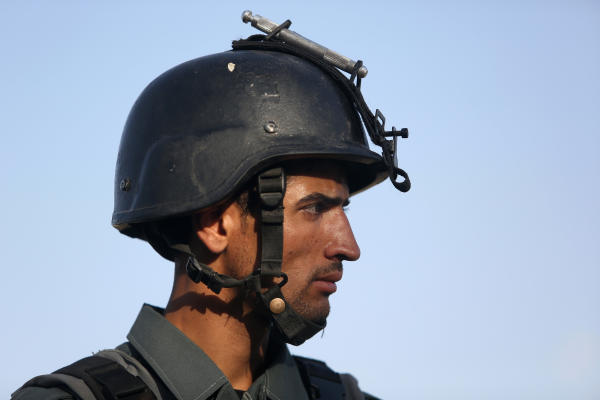Merely hours after a Taliban suicide attack near the Defense Ministry killed at least 24 people, including a number of senior security officials, and wounded 91 others, a loud explosion hit the center of Kabul late on Monday, officials reported.
Earlier on Monday, twin blasts in quick succession tore through an afternoon crowd in a bustling area of the city close to the Defense Ministry.
The Taliban immediately claimed responsibility for that attack, in which a suicide bomber caught security forces personnel and civilians who rushed to help victims of the first explosion.
“When the first explosion happened people crowded to the site and then the second blast occurred, which was really powerful and killed lots of people,” said Samiullah Safi, who witnessed the attack.
An army general and two senior police commanders were among the dead, a Defense Ministry official said.
The Taliban claimed responsibility for the attack, which it said killed 58 officers and commanders.
The militants intensified their campaign against the Western-backed government in recent weeks, following a brief pause after the death of their former leader, Mullah Akhtar Mansour, Reuters wrote.
The double bombing came less than two weeks after gunmen attacked the American University in Kabul, killing 13 people.
Irregular gunfire could be heard in an area with many shops and businesses and initial reports suggested that a guesthouse had been targeted.
Glass from shattered windows lay on the street near the explosion but police sealed off the area but there was no immediate claim of responsibility and no word on any casualties.
Only a month before a conference in Brussels where international donors are expected to provide continued financial support to Afghanistan, the attacks highlighted the precarious security climate in the capital.
It was the deadliest attack in Kabul since at least 80 people were killed by a suicide bomber who targeted a demonstration on July 23. An assault which was later was claimed by ISIS.
Afghanistan’s foreign partners, concerned about the ability of the security forces to withstand Taliban violence, are expected to pledge support over coming years at the Brussels conference, three months after NATO members reaffirmed their commitment at a meeting in Warsaw.
